When it comes to the number of Series 7 study hours a student should put in for a successful outcome, it can vary by student (of course!). That said, we do have a suggestion. Specifically, it hits at the approximate figure for the average successful student (see below).
Importantly, and as a quick spoiler, you’ll still need to put in enough time to achieve certain mile-markers. In this weekend’s post we outline a couple mile-markers, and how much time they might take.
Series 7 Study Hours – Our Best Guess
One of the most frequent questions that we get as tutors is around how many Series 7 study hours are needed to pass the exam. What we see from our most successful students (the ones that pass on the first try) is worth sharing.
First of all, those that tend to get through the test on the first try read the text in about 2-3 weeks.
The reading alone can take quite some time. Budget around 2 hours to get through 25-30 pages – sometime it can take longer. Given the size of the Series 7 textbook, it could take you around 20 days to complete 500-600 pages at this rate.
Note: That’s 20 consecutive days. If you take some days off, it will obviously take you longer (which would likely be over 3 weeks).
Next, most spend another 3-4 weeks taking practice questions. The number of questions that we recommend you do per day is somewhere around 150 or higher. Successful students of ours tend to get through well over 100 questions per day which can be really helpful.
A key reason is that with so many questions you’ll see a steady circulation of questions from various topics (almost every topic). Incorporating comprehensive exams at least once every 3 or 4 days (aside from specialized practice questions by topic) can help ensure you keep all topics fresh.
So Then Around 14 Hours a Week Is All I Need?
Well, 14 hours a week is certainly a good start.
However, there are other mile-markers that you want to make sure to hit. We’ve had students come to us after they put in the hours but still just can’t seem to pass.
For instance, if you feel like you’ve put in endless hours but your scores are still in the 50% and 60% range, then don’t take the exam if you can help it. Odds of success are not good.
The solution? You may need help learning the material (or a new approach).
If you’re having a lot of trouble understanding the Series 7 text, a Series 7 tutor, or Series 7 video course can be helpful. Naturally, we’re bias 🙂
If those aren’t in your budget then consider using Investopedia for explanations on definitions.
Aside from consulting a dictionary when you don’t understand certain words, Investopedia is an excellent resource to get through a lot of the jargon from the Series 7 exam.
There are plenty of rules, products, and topics that are confusing enough, and then to make matters worse, the text often explains them by using more jargon. Try Investopedia for a different definition (it often includes helpful examples).
All in all, the Series 7 study hours needed to pass the exam are different from person to person. While you might have a hard time if you only put in 30-60 minutes of studying per day, you also want to aim for practice scores around the mid-80% range (with Kaplan ideally) before you might feel totally ready.
For more tips and tricks, check out our other blog entries on the Series 7 exam. Good luck!

